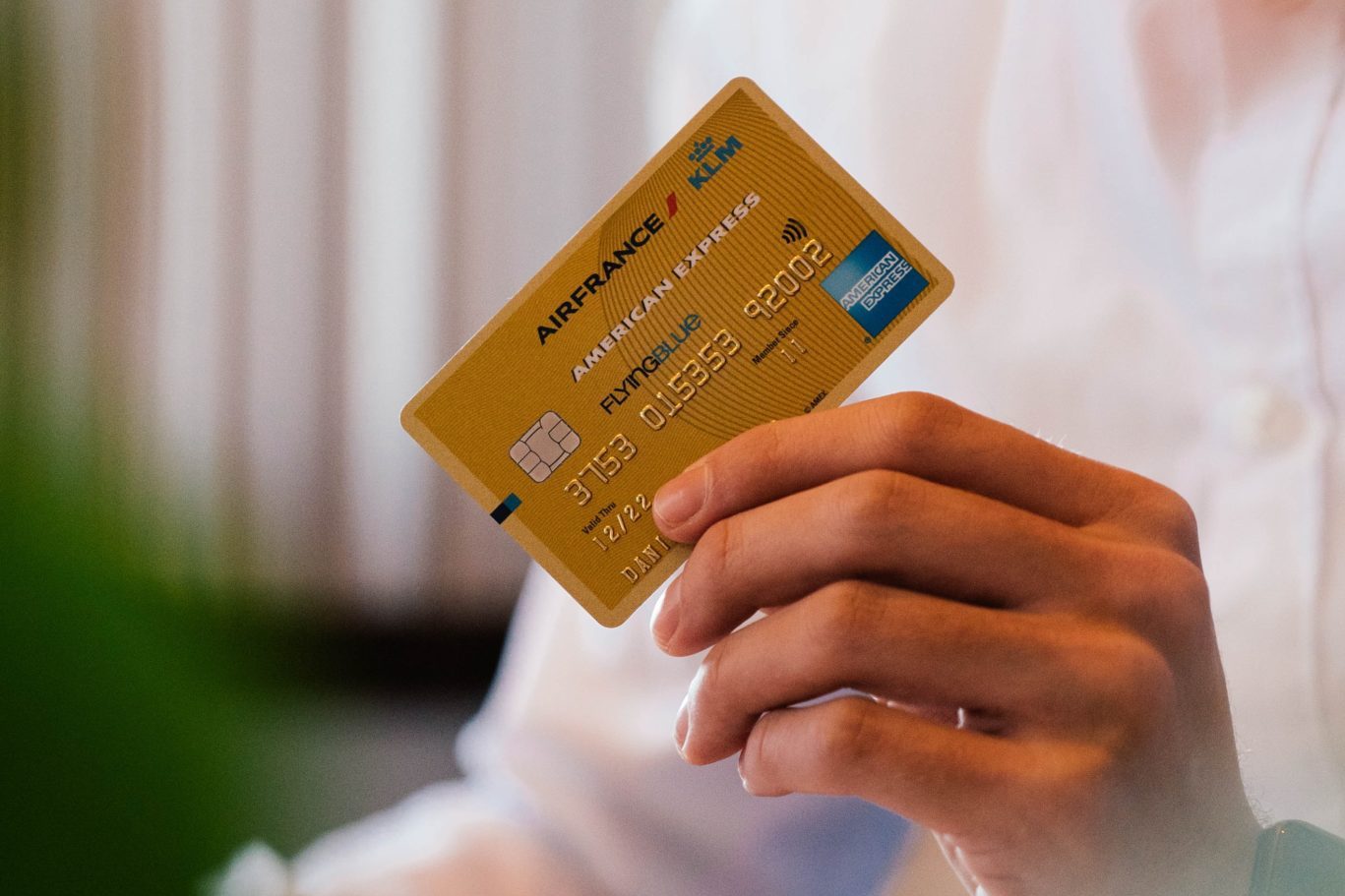Will Asia’s Grab Prove That Ridehailing Apps Can Be Global?

Skift Take
 The idea of your everyday ridehailing app working anywhere in the world, earning you points as you would at home, is wonderful. Try downloading Uber from Asia, or Grab from the U.S., and chances are you wish it were already here.
The idea of your everyday ridehailing app working anywhere in the world, earning you points as you would at home, is wonderful. Try downloading Uber from Asia, or Grab from the U.S., and chances are you wish it were already here.
Southeast Asia’s Grab wishes that too, hence its investment in tech startup Splyt — see the full article below.
In theory, the vision of global, interconnected ridehailing is sweet. But there is good reason to be skeptical. For one there’s a safety and security issue. Who’d take responsibility if a booking that is made on a Grab app in, say, Dubai, and is delivered by Careem as the supply partner there, goes wrong? Would that be Grab, Splyt, or Careem?
The idea of a global ridehailing world also seems to be a fallacy as Grab, an exclusive partner and investor of Splyt, won't have rival Go-Jek be part of it. There goes the idea that everyone can use their preferred ridehailing app anywhere in the world.
— Raini Hamdi, Skift Asia Editor, rh@skift.com, @RainiHamdi
Skift Stories and More Expert Insight
Grab Invests in Splyt to Give Users a One-App Ridehailing Solution Globally: What if you could use your everyday ridehailing app anywhere in the world? No more cumbersome downloads of another app or losing loyalty points from your app. That’s what Grab wants to achieve with its investment in Splyt. Too good to be true? Time will tell. Maybe an Asian player can lead the way on this.
Asian Tours Aggregator BeMyGuest Gets Funding Shot in Arm: A leaner and freshly funded BeMyGuest is in a stronger position to harness the growth of Asia’s tours and activities sector. But competition is also mightier.
Cruising’s Pollution Problem Won’t Be Solved Any Time Soon: Cruise companies have made progress on sustainability, but much more needs to be done as consumer habits, including in Asia, shift toward more sustainable vacation options. Cruising continues to grow in Asia; that does not mean consumers in the region, particularly discerning travelers who can afford luxury cruising, are not aware of the issues.
What Utrip’s Tragic Final Year Can Teach Other Travel Startups: The failure of trip-planning startup Utrip provides a few lessons for other travel startups, of which there are plenty in Asia. One lesson perhaps is that a dependence on investors can be as much of a curse as a blessing in more ways than one.
Skift Top Travel Startups to Watch 2019: We’ve pinpointed 25 of the most promising venture-backed travel companies. Check out our list, which includes a good number of Asian startups.
Asia Editor Raini Hamdi [rh@skift.com] curates the Skift Asia Weekly newsletter. Skift emails the newsletter every Wednesday.





